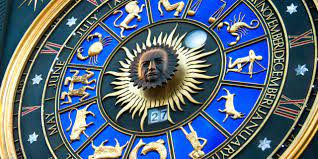Astrology, an ancient practice rooted in the observation of celestial Natal Chart reading bodies and their influence on earthly affairs, continues to captivate and intrigue people across cultures and generations. It is a system that attempts to study the correlation between the positions of celestial bodies—such as stars, planets, and the moon—and human events and behaviors.
Dating back thousands of years, astrology has been an integral part of various civilizations, shaping belief systems, guiding decision-making, and offering insights into individual personalities and destinies. Although often misconstrued as a predictive tool for forecasting precise events, astrology primarily serves as a symbolic language that provides a framework for understanding oneself and the world.
At its core, astrology operates on the principle that the positioning of celestial bodies at the time of a person’s birth can influence their personality, tendencies, and life experiences. This birth chart, also known as a natal chart or horoscope, serves as a map of the sky at the moment of an individual’s birth. It encompasses the positions of the sun, moon, planets, and other astrological points in relation to the zodiac signs and houses, providing astrologers with a blueprint of an individual’s inherent traits and potential life path.
The Zodiac, consisting of twelve signs, forms the foundation of astrological interpretation. Each sign possesses unique characteristics attributed to it, influencing the traits and behaviors of individuals born under its influence. For instance, fiery Aries is associated with enthusiasm and leadership, while pragmatic Virgo is known for its analytical and detail-oriented nature.
